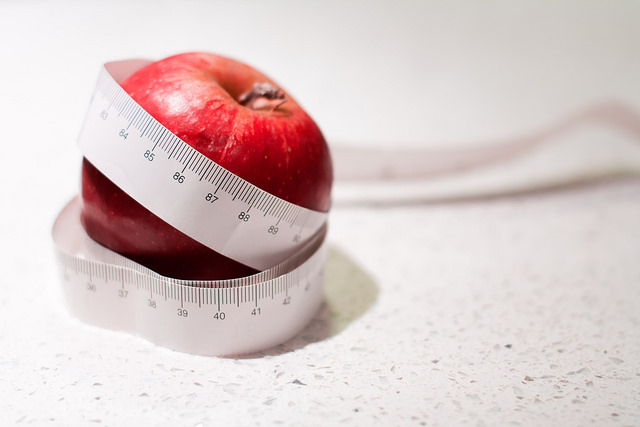Just about every website and magazine today claims to offer miracle diet tips, but the only real way to lose weight is by exercising regularly and watching what you eat. These smart (and realistic!) tips can help keep women on track to shedding those extra pounds.
- Determine your individual calorie intake. Sure, counting calories is important for everyone, but not every woman’s body requires the same amount of calories each day. Work with a doctor to determine your recommended daily amount based on your weight loss goals.
- Practice portion control. Even if your diet already consists of mainly lean meats, fruits, and veggies, many people go overboard when it comes to portion control. Measure out your portions beforehand to stay on track.
- Forgo diet treats. Every American supermarket is filled with “diet” versions of unhealthy treats, but in most cases, you’re better off opting for a smaller serving size of the real deal. That way, you won’t be tempted to overindulge.
- Balance cardio and strength workouts. Most people prefer one or the other when it comes to their gym habits, but it’s important to balance both types of exercise if you really want to lose weight.
- Amp up your workouts. Practice short bursts of intense activity, which burn far more calories and help you to lose weight faster.
Our 75 Best Tips for Losing Weight [Women’s Day]
7 Weight Loss Mistakes Even Healthy Women Make [Prevention]
7 Weight Loss Challenges and Tips for Women [ShareCare]




 Equal Housing Opportunity
Equal Housing Opportunity